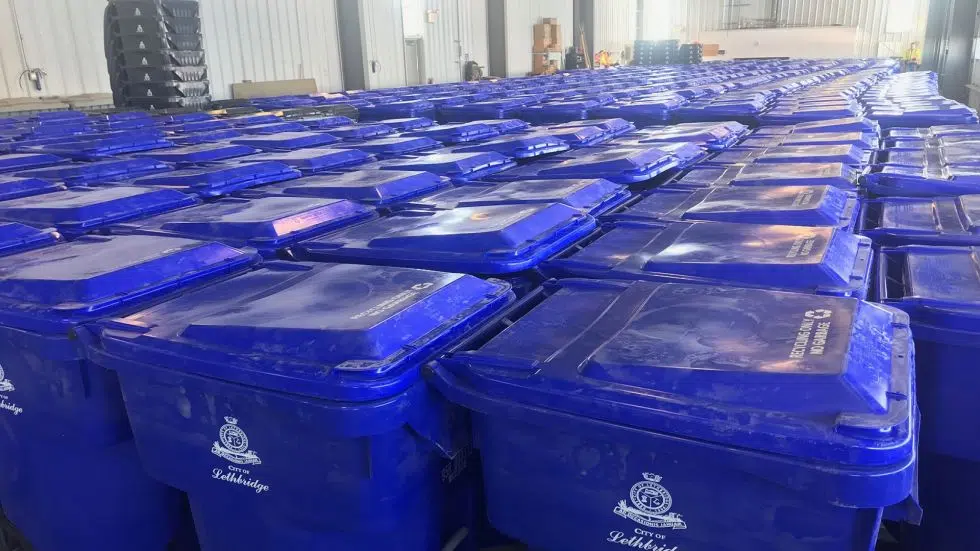
Recycling & waste, water, electric utilities present 2019-2022 proposed budgets and rate increases
LETHBRIDGE – Ahead of Operating Budget deliberations in November, three City of Lethbridge departments presented their four-year budgets to the Finance Committee Monday, Sept. 24.
Each department was given a mandate by council to deliver the same levels of service over the next four years (2019-2022), but without any further funding increases. The departments all get their money from the $150 million Utility Fund, which makes up part of the $380 million total budget.
To deliver those services, there could be some rate increases beginning in January, and continuing each year over the next four years.
Committee Chair Jeff Carlson explains.


